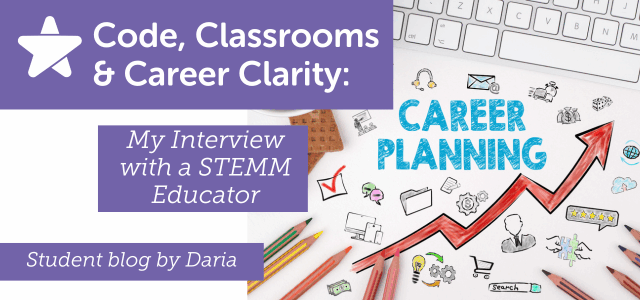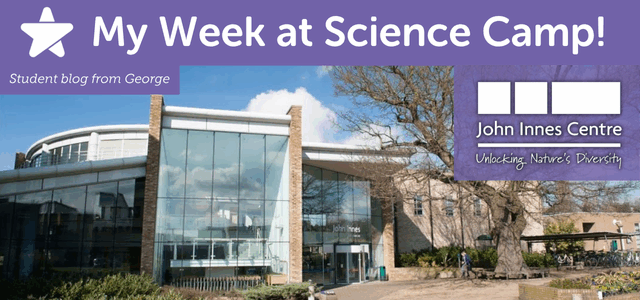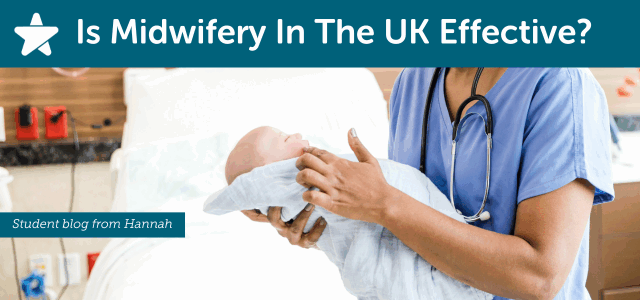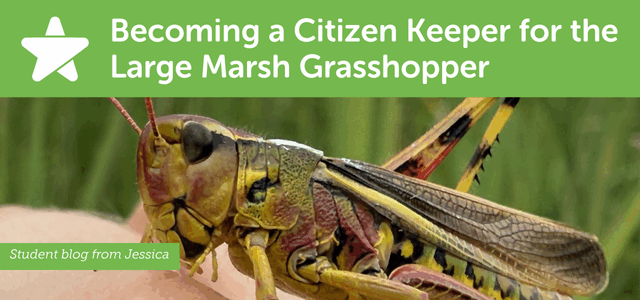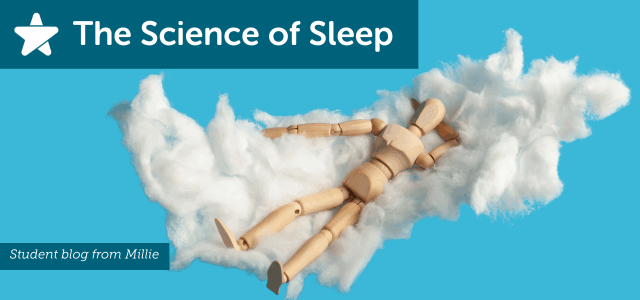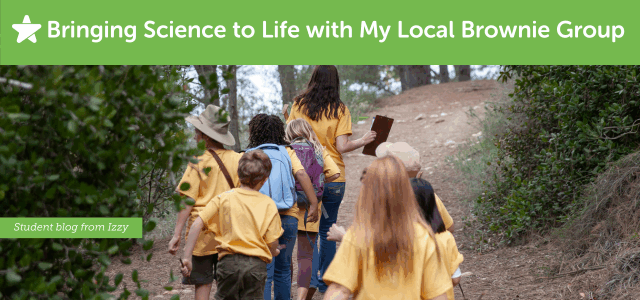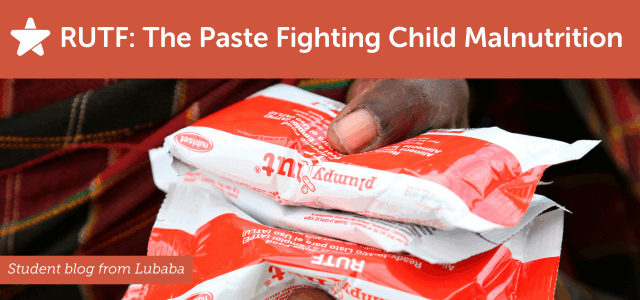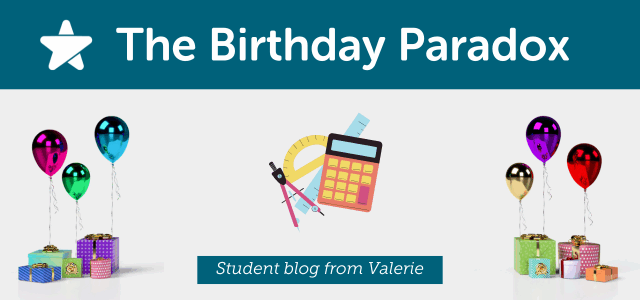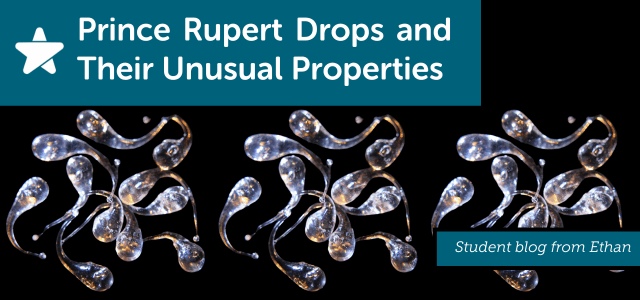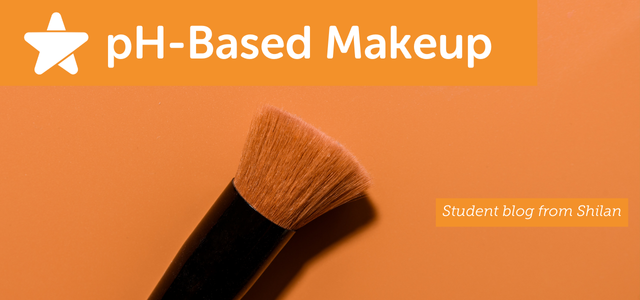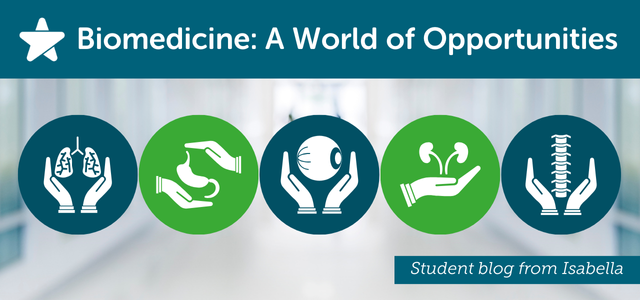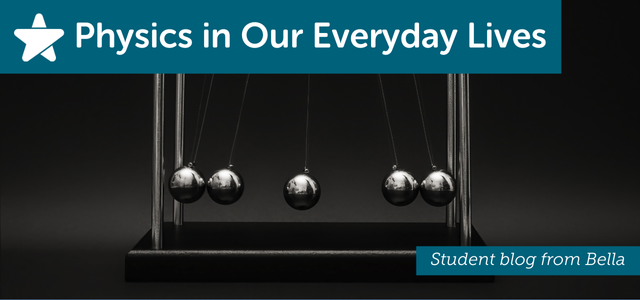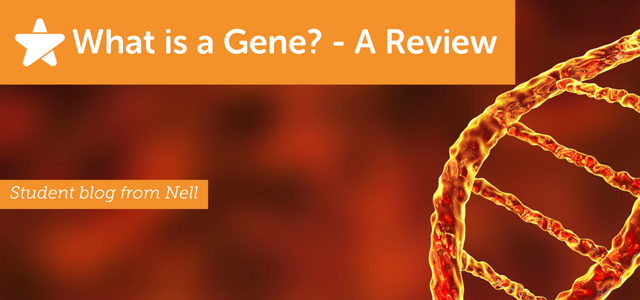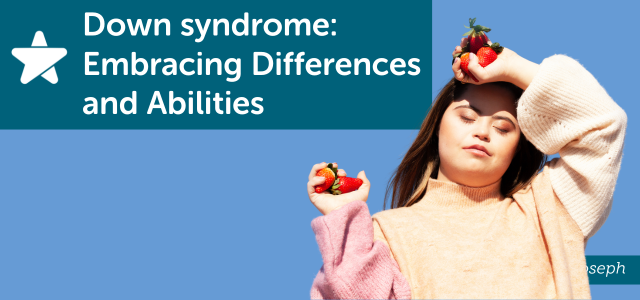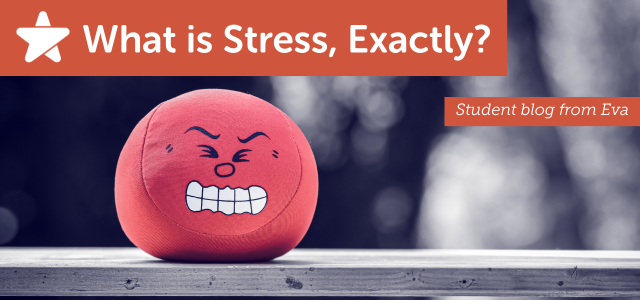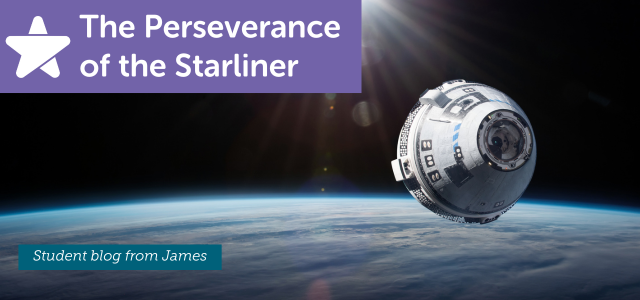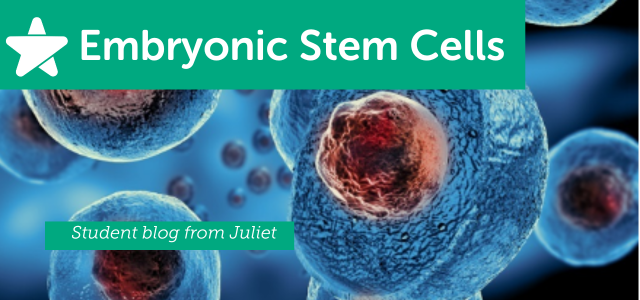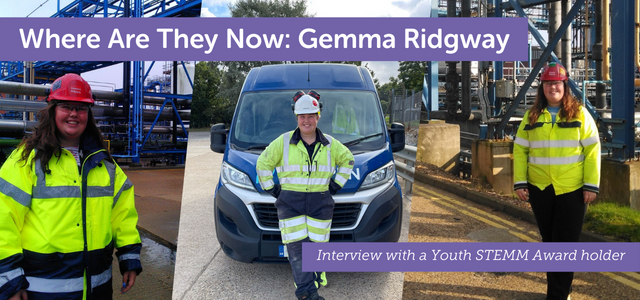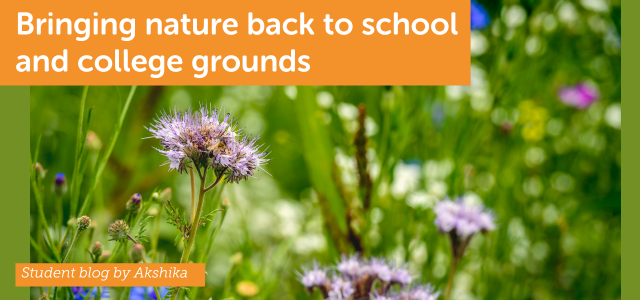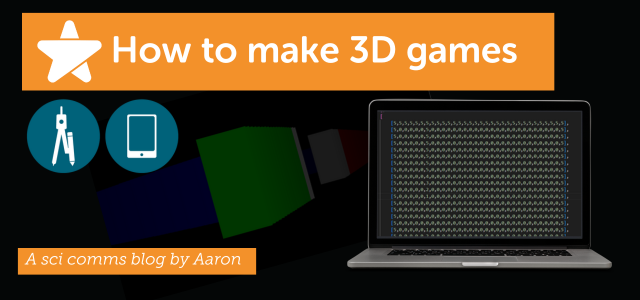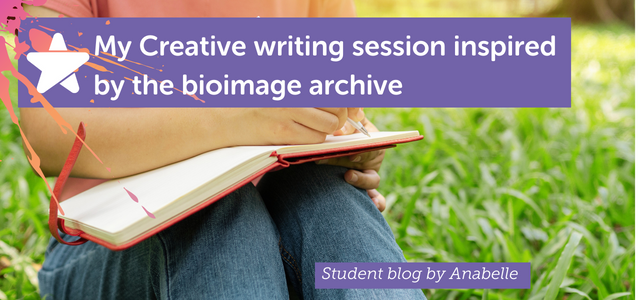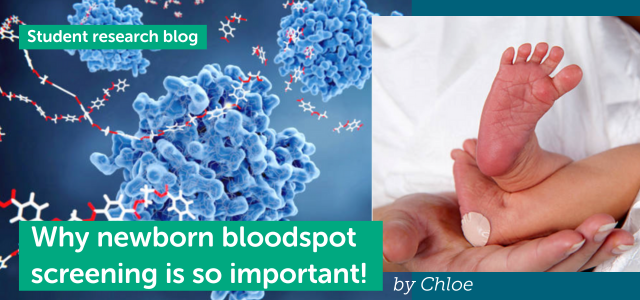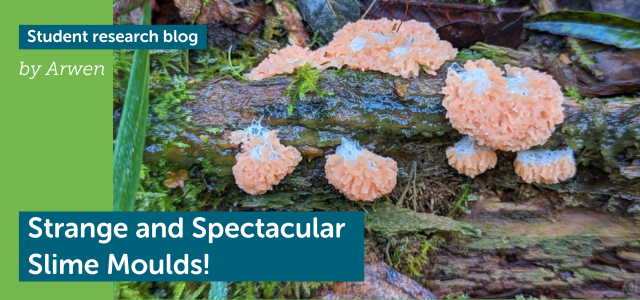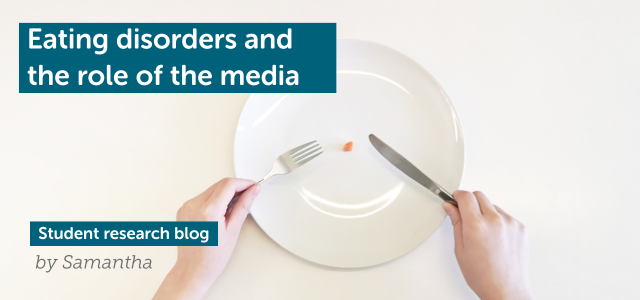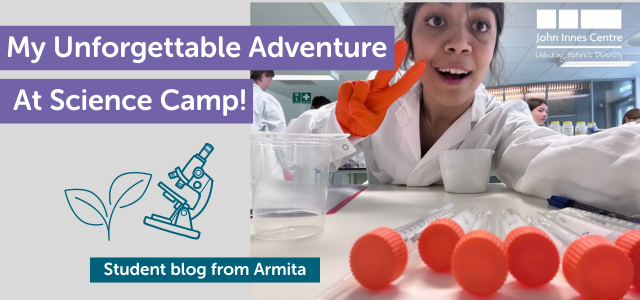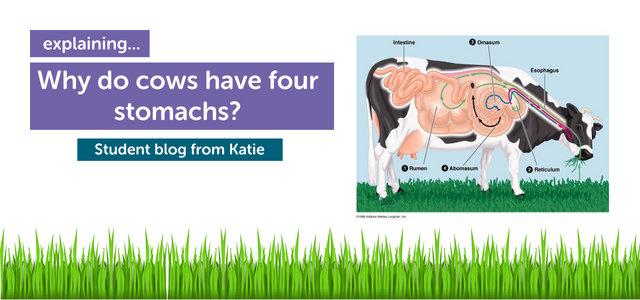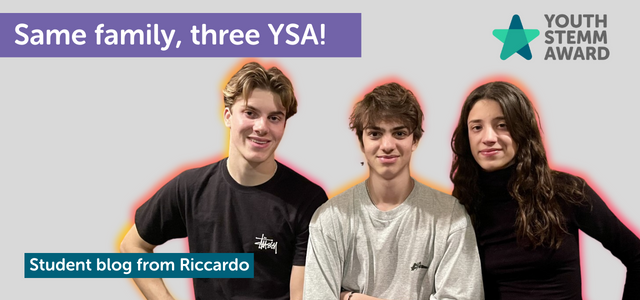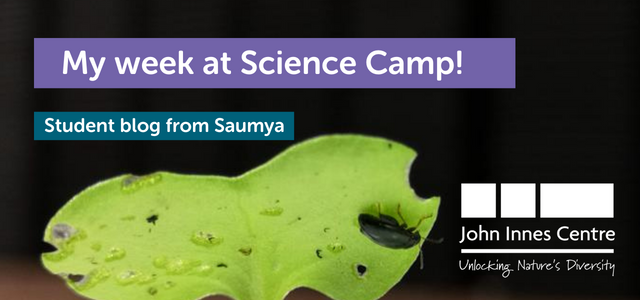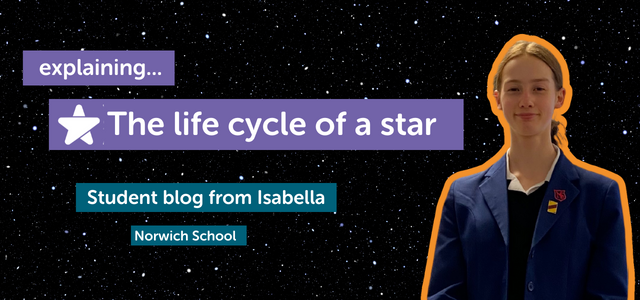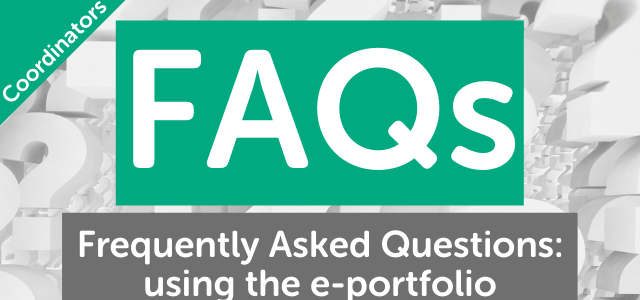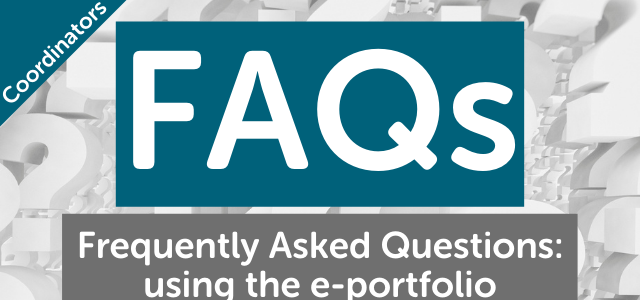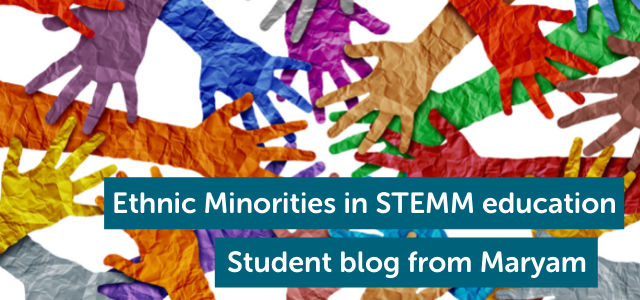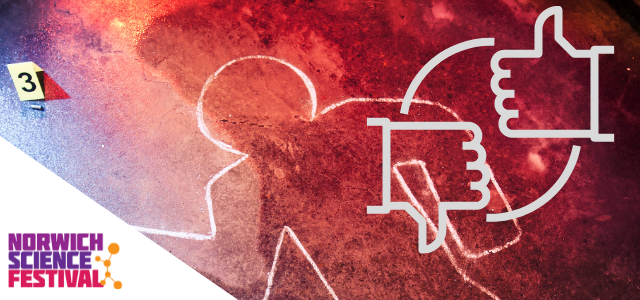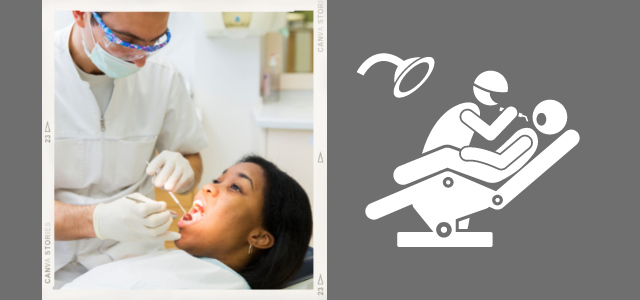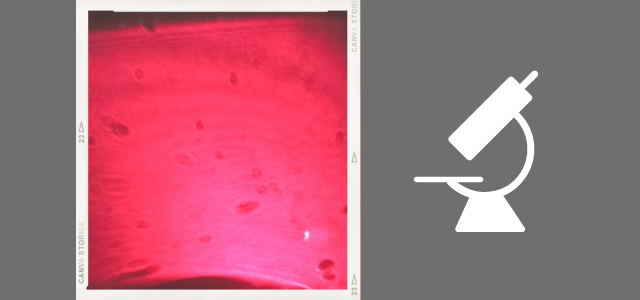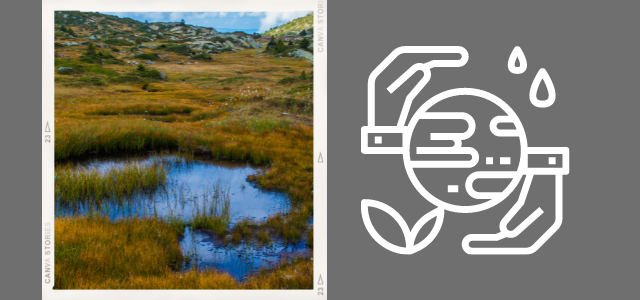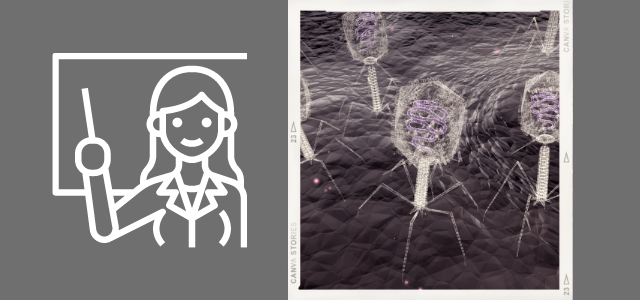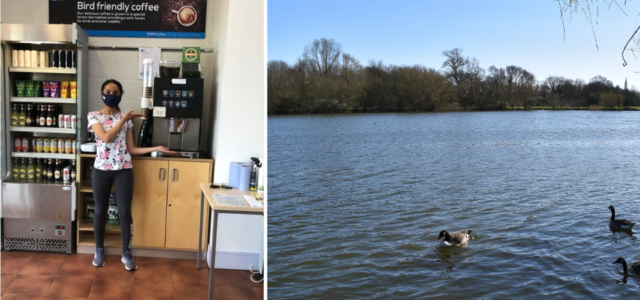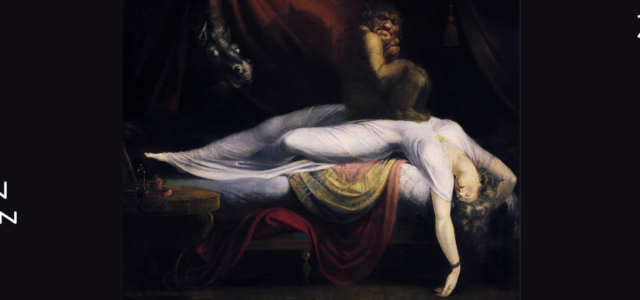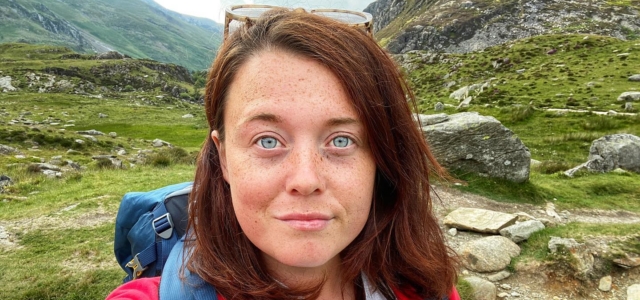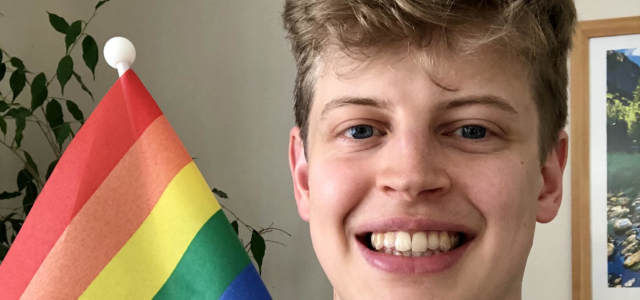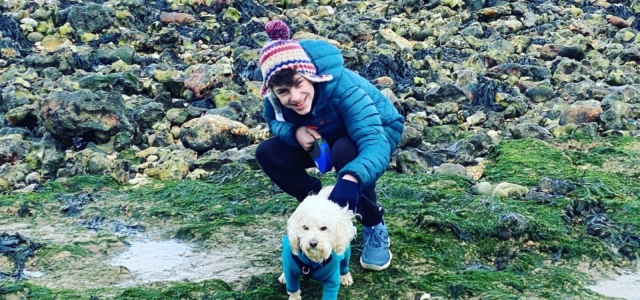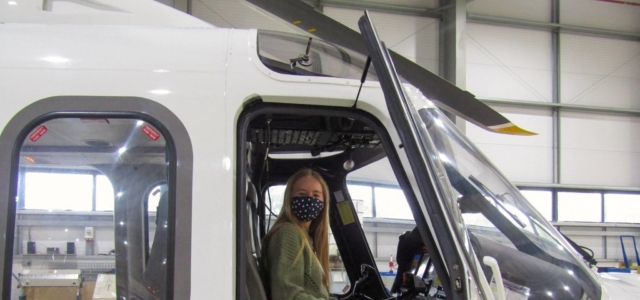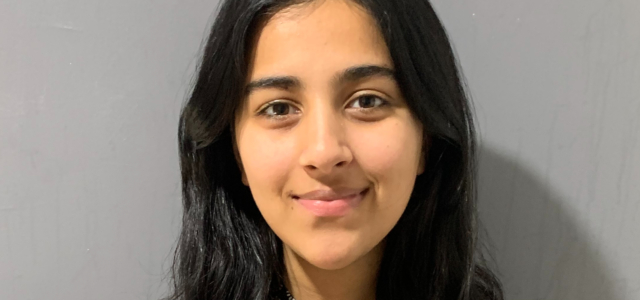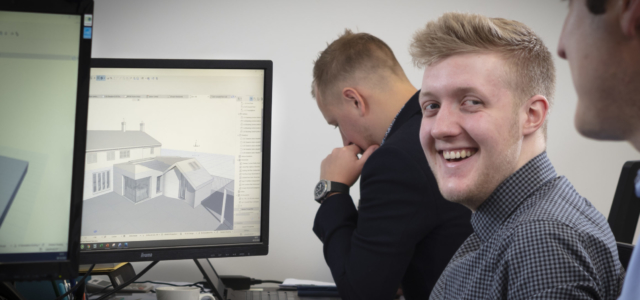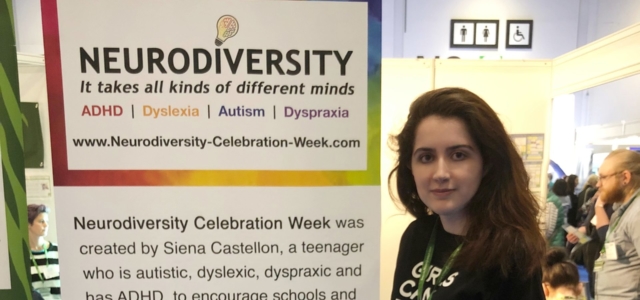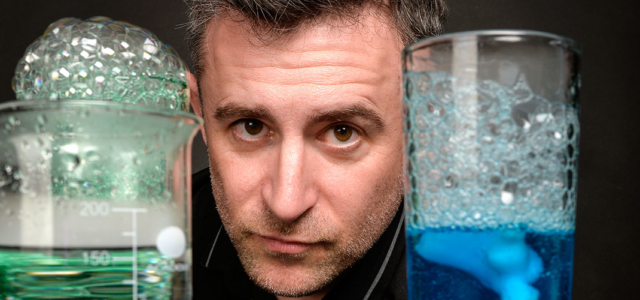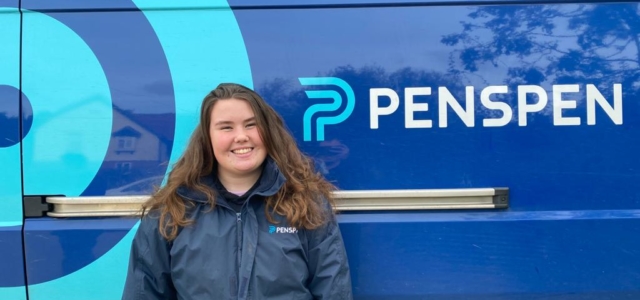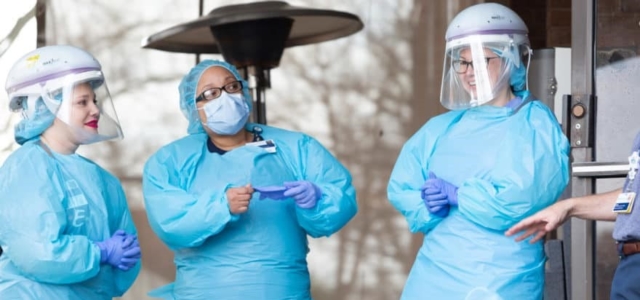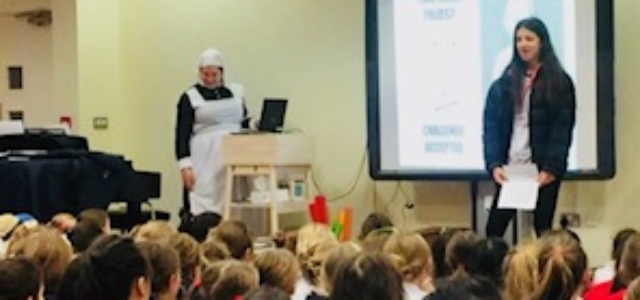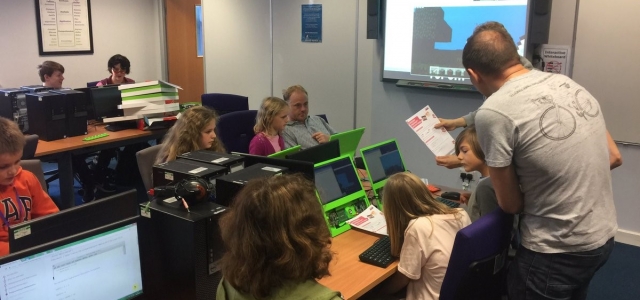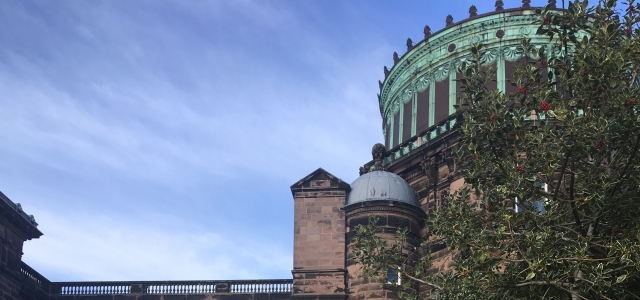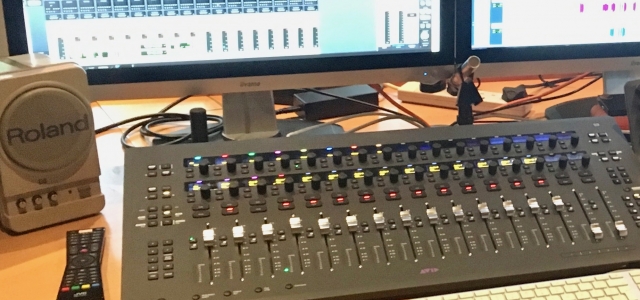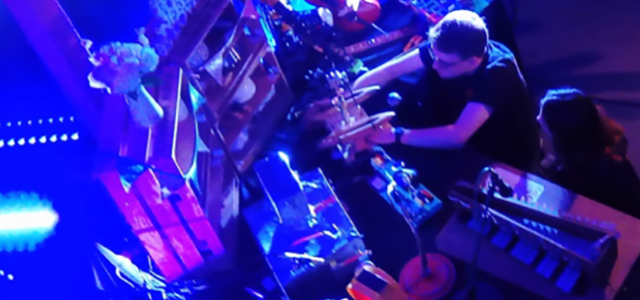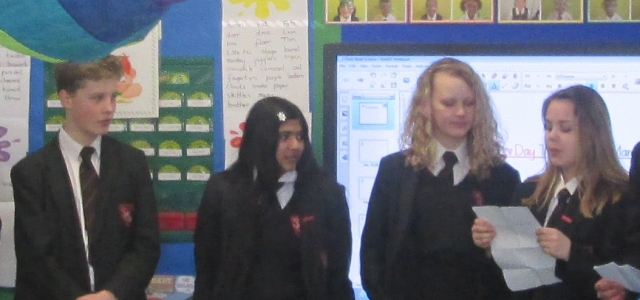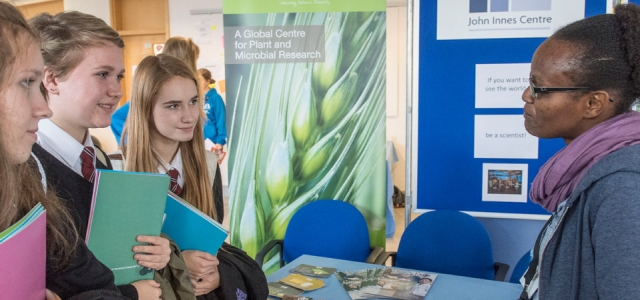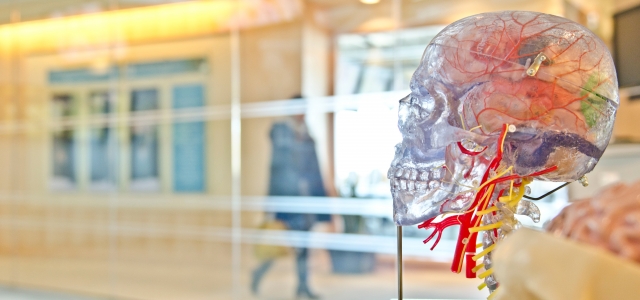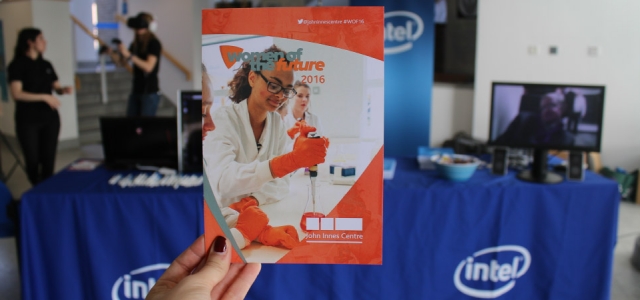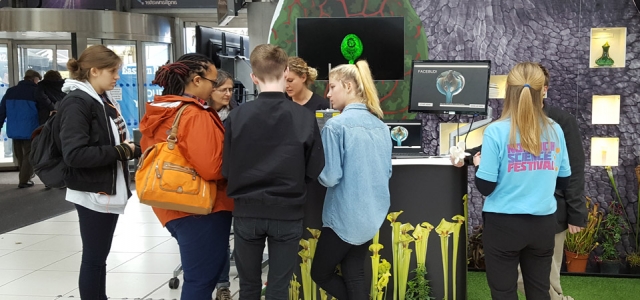While participating in the YSA award, I took part in an 8 hour Medical Careers day at the University of East Anglia. We had people from all areas of medicine come and talk to us about all aspects of becoming a medical professional. This included the grades you need, the A levels you should take, which university is best for you and so much more. The amount of information given and noted was huge but so helpful. Personally, it gave me a clear insight of what it takes to be successful in this highly competitive profession.
The first speech was by a first year medical student who was studying at the UEA. He talked about preparing to apply and what he got in his GCSE’s and A – levels. Then with those grades he chose which university had the best teaching style and which one would guarantee a place with those grades. The speaker also covered the fact that when you go to university, you could be moving away from your family but ensured us that student life isn’t just studying all the time. At the end he told us about an opportunity where the university would have an induction for people to spend a week as a med student and spend it with current students to get an authentic feel which I was very interested in.
The second speaker was a doctor who gave us valuable information about what BMATS/UKCATS are and how to get the best grade you can. He gave us some sample question from both papers to see how we would respond and just to see who would get the right answer. After this he went through which universities accept BMATS/UKCATS and what kind of teaching style they would offer. For example, some offer classic lectures and classes while others offer PBL (problem based learning). This is where you get given problems from either you other classmates or teachers and work out the solution independently. He went through admissions criteria and what qualifications are needed for some major universities like Oxbridge and Imperial.
An important session was when we learnt how to write a personal statement. We were given a sheet which had three examples of personal statements and so we had to choose what we thought was a good personal statement from the information about the person and the format of it. The lecturer then gave us ‘tips and tricks’ of what made up a good personal statement. For example we must make the statement professional and have relevant information within. To end the session, she played a video that the students from the universities had collaborated on to say why they chose medicine and what they thought before entering the ‘world’ of medicine. This was really useful because it gave me their perspectives of student life and motivated me to continue working hard to get to their position.
One of the workshops I had was a Q & A session with 5 med students. We asked them questions about how they knew medicine was the best career for them and how they find student life. They said they went to lots and lots of open days and asked lot of question to confirm and make sure the decision was best for them. We also talked about how studying does take up a lot of your time but you also have time for friends and social activities. For example, one student is part of a rugby club and plays in matches in his free time. The second workshop was a suturing class taught by students who are going to specialise in surgery. They taught us how to close a cut with a sponge that was acting as the skin but we used needles, clamps and string. I had not considered this part of medicine but after just a small bit of learning, I was very interested.
Overall, the day was insightful and important to people like me who wanted to know more about medicine and for those who want to confirm that this is their career choice. The information made me more interested and satisfied with my choice about my future career.

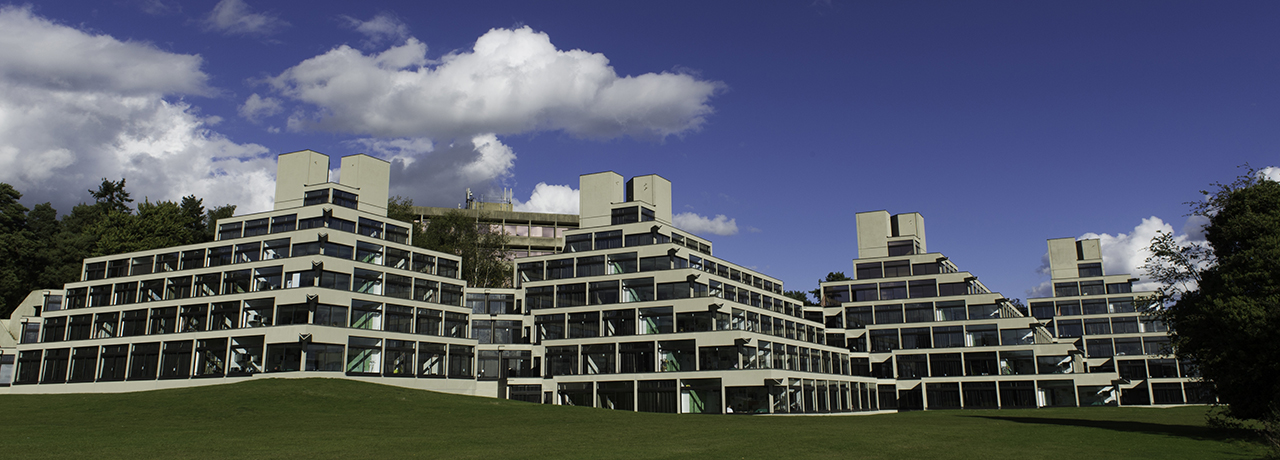
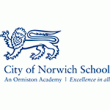 Shruthi is a Year 11 student at City of Norwich School who is currently aiming for the silver award. She is interested in science, drama and playing the violin.
Shruthi is a Year 11 student at City of Norwich School who is currently aiming for the silver award. She is interested in science, drama and playing the violin.


